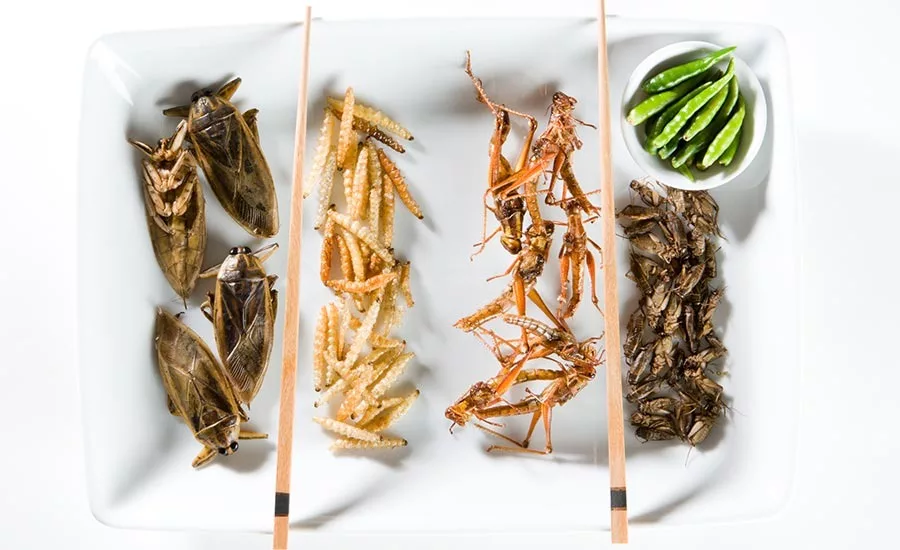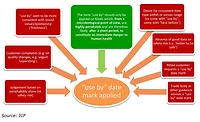EU Regulations
EU releases new regulations on 'novel foods'
The goal is to make it easier to introduce new foods to European consumers.

The EU (European Union) has changed its regulations for “novel foods” in an effort to make it easier to introduce new foods into the European market.
The new rules, Regulation (EU) 2015/2283, went into effect Jan. 1, 2018. And they repeal and replace Regulation (EC) No. 258/97 and (EC) 1852/2001, which were in force until Dec. 31, 2017.
The new regulation improves conditions, making it easier for food businesses to bring new and innovative foods to the EU market, while maintaining a high level of food safety for European consumers.
Specifically they:
- Expanded categories of novel foods
- Allow for generic authorizations of novel foods
- Establishment a European Union list of authorized novel foods
- Create a simplified, centralized authorization procedure
- Create centralized, safety evaluation of novel foods
- Improve efficiency and transparency
- Create a faster and more structured notification system for traditional foods from third countries
- Promote innovation by granting an individual authorization for five years based on protected data
In terms of expanded categories, the novel food definition describes the various “situations” or types of food originating from plants, animals, microorganisms, cell cultures, minerals, etc.; specific categories of foods (insects, vitamins, minerals, food supplements, etc.); foods resulting from production processes and practices; and state-of-the-art technologies (e.g., intentionally modified or new molecular structure, nanomaterials), which were not produced or used before 1997, and thus may be considered to be as novel foods.
For more information, visit the European Commission Food Safety web site.
Looking for quick answers on food safety topics?
Try Ask FSM, our new smart AI search tool.
Ask FSM →









